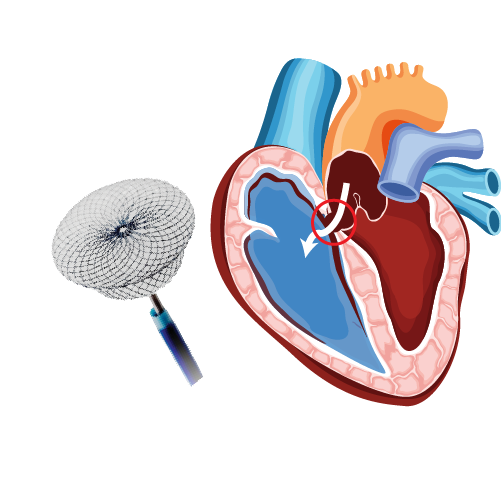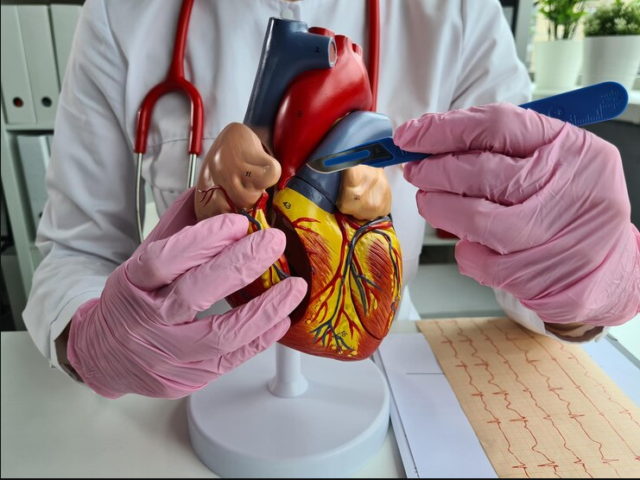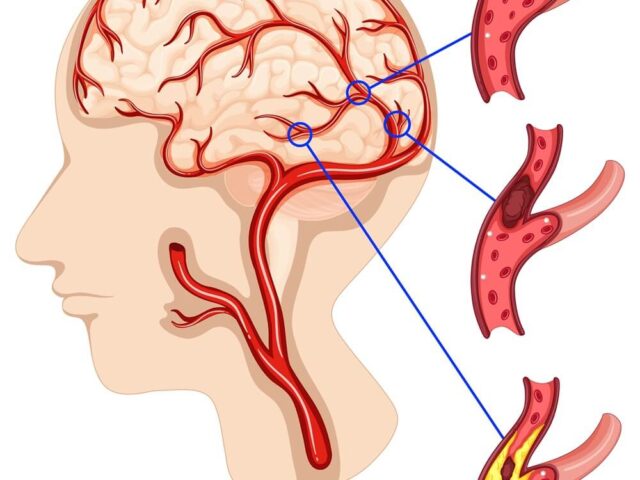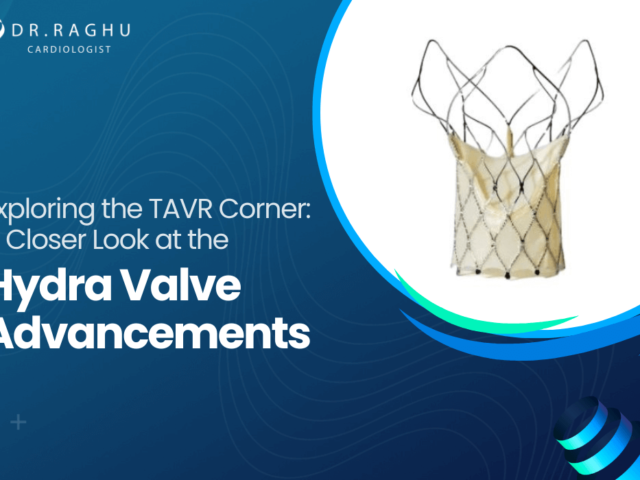Hypertension and Severe COVID-19 Disease: Exploring the Complex Relationship
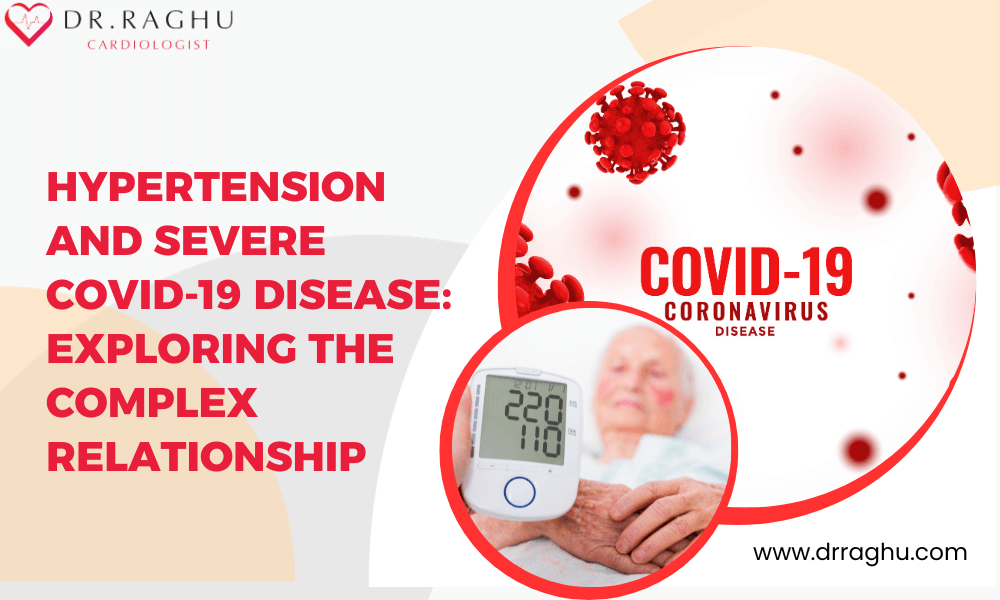

The COVID-19 pandemic brought to light the delicate connection between various pre-existing health conditions and the severity of the disease caused by the SARS-CoV-2 virus. Hypertension has emerged as a significant contributor to the development of severe COVID-19 among these conditions. A pooled analysis conducted in 2020 found that hypertension increased the risk of severe or fatal COVID disease by up to 2.5 times.
In this article, we will dig deeper into the relationship between hypertension and COVID-19. We will explore the underlying mechanisms, risk factors, and potential implications for patient management. Let’s get started.
Understanding Hypertension
Hypertension, commonly known as high blood pressure, is a chronic medical condition characterized by consistently elevated blood pressure levels. It is a significant global health concern that affects millions of individuals worldwide. The condition places increased stress on the cardiovascular system and is associated with a higher risk of heart disease, silent heart attacks, strokes, and kidney dysfunction.
Hypertension and COVID-19: Understanding the Link
Research has revealed a complex relationship between hypertension and the severity of COVID-19. Several factors contribute to this interaction. These include:
- ACE2 receptor expression: The SARS-CoV-2 virus enters human cells through the angiotensin-converting enzyme 2 (ACE2) receptor. Hypertension is often managed using medications that affect the renin-angiotensin-aldosterone system (RAAS), potentially increasing the expression of ACE2 receptors. This has raised concerns that individuals with hypertension might be more susceptible to the virus due to higher levels of ACE2 receptors, which the virus exploits for cell entry.
- Inflammation and immune response: Hypertension is associated with chronic low-grade inflammation and immune system dysregulation. Severe COVID-19 disease is characterized by an excessive immune response and cytokine storm, leading to widespread tissue damage. The pre-existing inflammation in people with hypertension might exacerbate this immune response, contributing to more severe disease outcomes.
- Endothelial dysfunction: Hypertension is known to cause endothelial dysfunction, impairing the lining of blood vessels. COVID-19 also affects blood vessels, leading to endothelial inflammation and coagulation abnormalities. The combination of these effects in people with hypertension could lead to a higher risk of clotting, organ damage, and severe illness.
It is also worth noting that long COVID can exacerbate complications associated with hypertension. A study published in Nature Journal found that long COVID affects the clinical course of cardiovascular disease and kidney dysfunction associated with hypertension. Additionally, older populations and women are more susceptible to these complications.
Risk Factors and Vulnerability
Certain risk factors further amplify the relationship between hypertension and severe COVID-19. These include:
- Age: Advanced age is associated with both hypertension and increased COVID-19 severity. Older individuals with hypertension might experience a compounded impact on their immune response and overall health.
- Obesity: Obesity is a common comorbidity with hypertension and is also linked to worse COVID-19 outcomes. The combination of obesity, hypertension, and the associated inflammatory state creates a conducive environment for severe disease.
- Cardiovascular complications: Individuals with hypertension often have underlying cardiovascular complications, such as heart disease and heart failure. These conditions weaken the body’s ability to cope with the additional stress imposed by COVID-19.
- Stress: Stress and heart disease are known to have a close connection. Familial and workplace stress can cause cardiovascular diseases like hypertension and result in more severe COVID-19 symptoms.
Clinical Implications and Management Strategies
The interaction between hypertension and severe COVID-19 has the following clinical implications:
- Preventive measures: Hypertensive individuals should rigorously adhere to recommended preventive measures. These include vaccination, mask-wearing, and hand hygiene to reduce their risk of contracting the virus.
- Optimal blood pressure control: Maintaining optimal blood pressure control through lifestyle modifications and appropriate medications is crucial. It can help mitigate the potential increase in ACE2 receptor expression and reduce the risk of severe disease.
- Individualized approach: Healthcare providers should adopt an individualized approach when managing hypertensive patients with COVID-19. Close monitoring of blood pressure, cardiovascular function, and inflammatory markers can guide treatment decisions.
- Medication considerations: The use of RAAS-targeting medications (e.g., ACE inhibitors, angiotensin receptor blockers) in hypertensive patients with COVID-19 remains a topic of debate. Current evidence suggests that these medications should not be discontinued due to concerns about exacerbating the disease.
- Lifestyle changes: It’s a good idea to embrace a healthy lifestyle, including a balanced diet and regular exercise. Also, make sure you get adequate rest and sleep, as there’s a close link between sleep and cardiac health.
- Mental wellbeing: Take proactive steps to manage stress and prioritize your mental health. Since depression exacerbates heart failure causes like hypertension, it’s crucial to keep a check on your mental health. Don’t hesitate to seek professional help if needed.
Conclusion
The relationship between hypertension and severe COVID-19 is complex. Factors such as ACE2 receptor expression, inflammation, and immune response influence their connection. However, one thing is clear – hypertensive individuals, especially those with additional comorbidities, are more vulnerable to severe disease outcomes. As our understanding of COVID-19 continues to evolve, further research will provide valuable insights into this intricate interaction and guide strategies for patient care.
Dr. C Raghu is a renowned intervention cardiologist and heart specialist based in Hyderabad. If you or anyone you know is at risk of heart disease due to hypertension or long COVID and is looking for effective tips to prevent a heart attack, reach out to Dr. Raghu today.
Book Online Consultaion
Hypertension and Severe COVID-19 Disease: Exploring the Complex Relationship
Subscribe the Hearty Life Blogs

DR. RAGHU | Best Cardiologist in Hyderabad
Cardiology Coronary, Vascular and
Structural Interventions
Conditions & Diseases
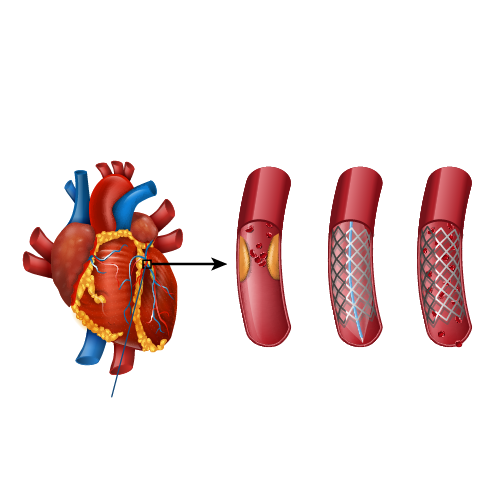
Angioplasty
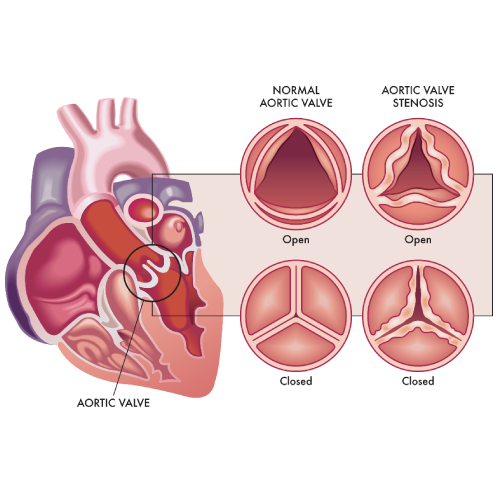
Aortic Stenosis
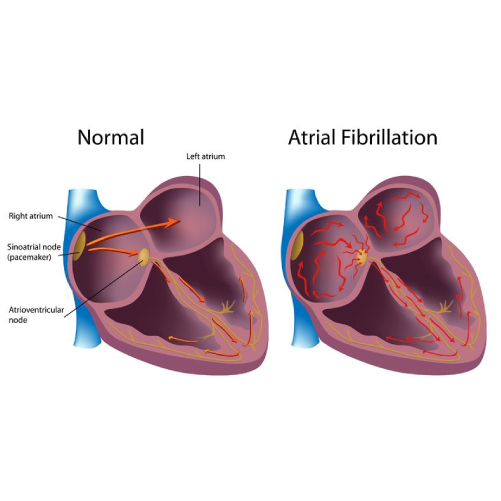
Atrial Fibrillation
